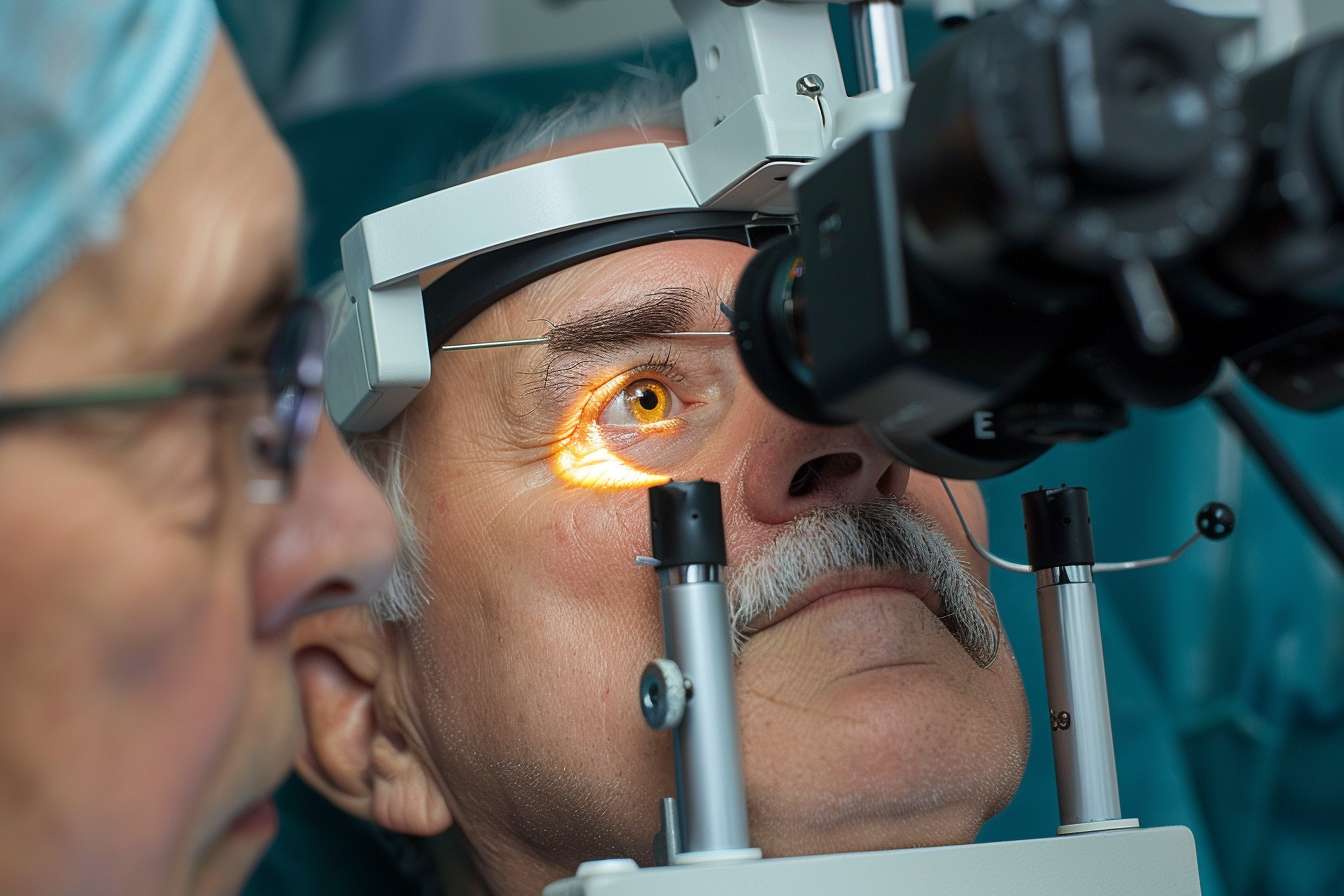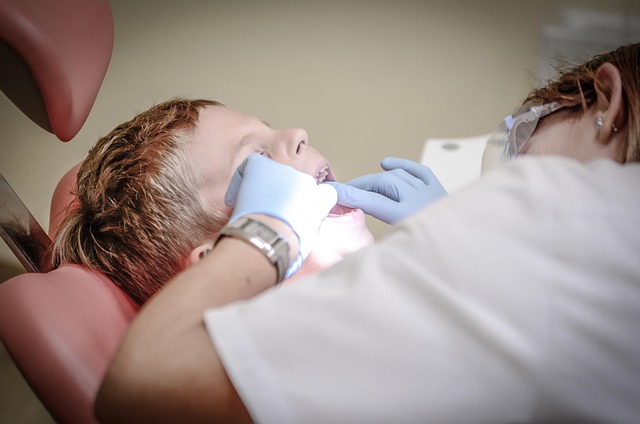Clear Vision Again: Modern Cataract Surgery Options in India
Cataracts affect millions of people worldwide, causing cloudy vision that can significantly impact daily activities. In India, where cataracts are one of the leading causes of vision impairment, modern surgical techniques have revolutionized treatment outcomes. Today's cataract surgery procedures offer remarkable success rates, with most patients experiencing dramatically improved vision within days of the procedure. Understanding the latest advances, cost considerations, and treatment options available can help you make informed decisions about restoring your clear vision.

Cataract surgery has evolved significantly over the past decade, offering patients in India access to world-class treatment options that were once available only in developed countries. The condition, which involves the clouding of the eye’s natural lens, can now be treated with precision techniques that minimize recovery time and maximize visual outcomes.
Clear Vision Again: Discover the Latest Advances in Cataract Surgery
Modern cataract surgery in India employs phacoemulsification, a technique that uses ultrasound energy to break up the clouded lens before removal. This minimally invasive approach requires only a small incision, typically 2-3 millimeters, allowing for faster healing and reduced risk of complications. Advanced intraocular lenses (IOLs) have also transformed outcomes, with options including multifocal lenses that can correct both distance and near vision, and toric lenses designed for patients with astigmatism.
Laser-assisted cataract surgery represents another significant advancement, offering enhanced precision in lens fragmentation and incision creation. This technology allows surgeons to customize treatment based on each patient’s unique eye anatomy, potentially improving visual outcomes and reducing dependence on glasses after surgery.
Private Eye Surgery: Factors That Affect Cataract Treatment Costs
Several factors influence the cost of private cataract surgery in India. The type of intraocular lens selected plays a major role, with basic monofocal lenses being more affordable than premium multifocal or toric options. The surgical facility’s location and reputation also impact pricing, with metropolitan hospitals typically charging more than those in smaller cities.
The surgeon’s experience and qualifications significantly affect costs, as highly specialized ophthalmologists with extensive training in advanced techniques often charge premium fees. Additional factors include pre-operative testing requirements, anesthesia type, and post-operative care packages that may include multiple follow-up visits and medications.
Private Cataract Surgery: Costs, Factors and Considerations
When considering private cataract surgery in India, patients should evaluate both immediate costs and long-term value. While government hospitals offer subsidized treatments, private facilities often provide shorter waiting times, more personalized care, and access to the latest surgical technologies.
The choice of intraocular lens significantly impacts both cost and visual outcomes. Standard monofocal lenses provide clear distance vision but may require reading glasses, while premium lenses can reduce or eliminate dependence on corrective eyewear. Patients should discuss their lifestyle needs and visual expectations with their surgeon to determine the most suitable option.
| Hospital/Clinic | Basic Surgery Cost | Premium Lens Surgery | Key Features |
|---|---|---|---|
| Aravind Eye Care | ₹15,000 - ₹25,000 | ₹45,000 - ₹80,000 | Non-profit, high volume experience |
| Sankara Nethralaya | ₹20,000 - ₹35,000 | ₹50,000 - ₹90,000 | Research-backed treatments |
| LV Prasad Eye Institute | ₹18,000 - ₹30,000 | ₹55,000 - ₹95,000 | Advanced technology, multiple locations |
| Apollo Hospitals | ₹25,000 - ₹40,000 | ₹60,000 - ₹1,20,000 | Premium facilities, comprehensive care |
| Fortis Healthcare | ₹22,000 - ₹38,000 | ₹55,000 - ₹1,10,000 | Modern equipment, experienced surgeons |
Prices, rates, or cost estimates mentioned in this article are based on the latest available information but may change over time. Independent research is advised before making financial decisions.
Recovery from modern cataract surgery is typically swift, with most patients experiencing improved vision within 24-48 hours. However, complete healing may take several weeks, during which patients should follow post-operative instructions carefully. These include using prescribed eye drops, avoiding strenuous activities, and attending scheduled follow-up appointments to monitor healing progress.
The success rate of cataract surgery in India matches international standards, with over 95% of patients achieving significantly improved vision. Complications are rare but can include infection, inflammation, or posterior capsule opacification, which may require additional treatment. Choosing an experienced surgeon and accredited facility significantly reduces these risks.
This article is for informational purposes only and should not be considered medical advice. Please consult a qualified healthcare professional for personalized guidance and treatment.
Cataract surgery represents one of the most successful medical procedures available today, offering patients the opportunity to regain clear, functional vision. With India’s growing reputation for high-quality, cost-effective eye care, patients can access world-class treatment options that combine advanced technology with experienced surgical expertise, making clear vision an achievable goal for millions affected by cataracts.




